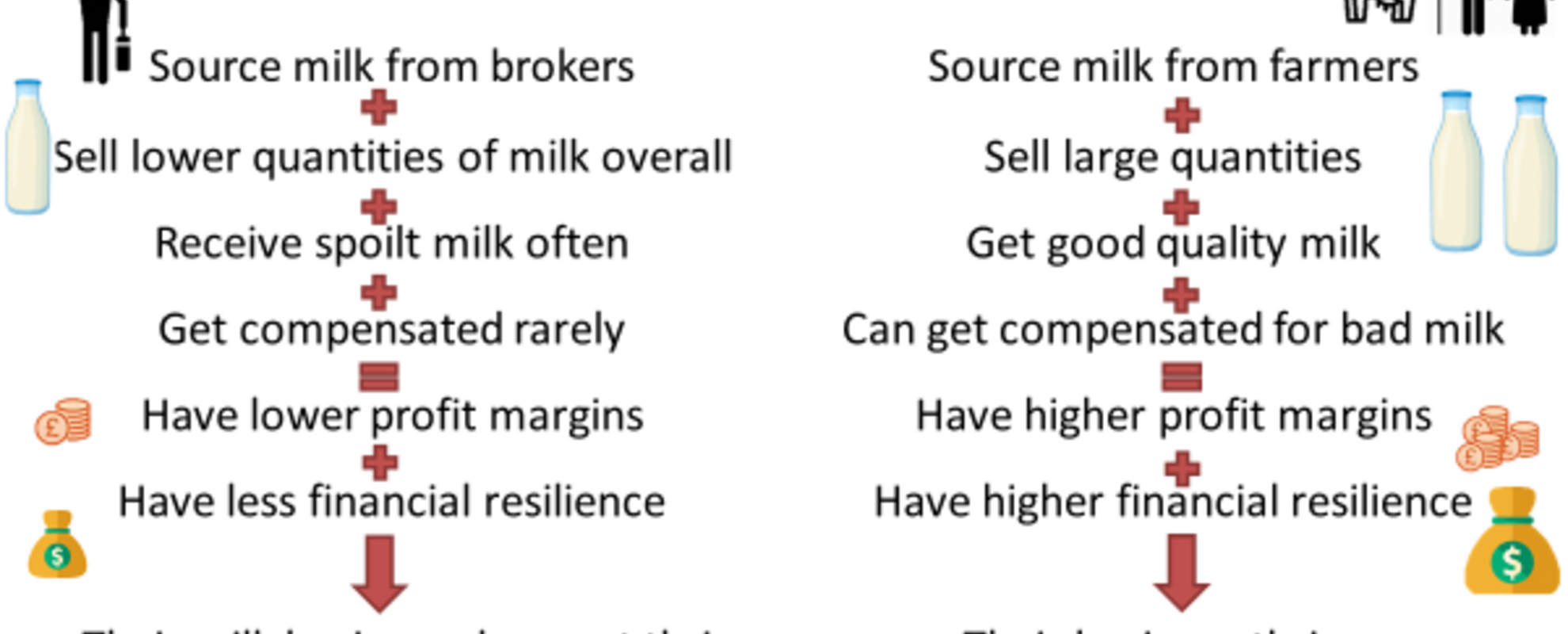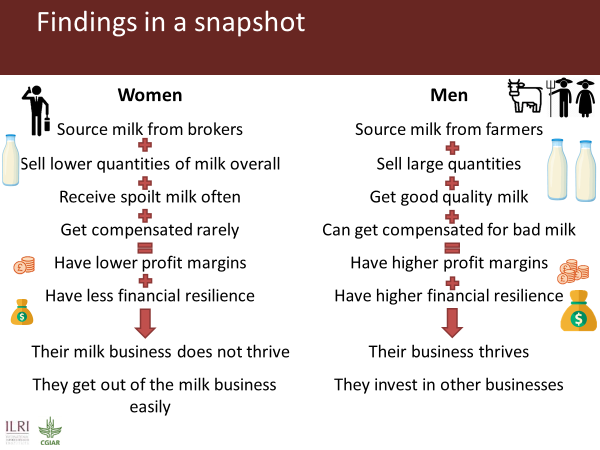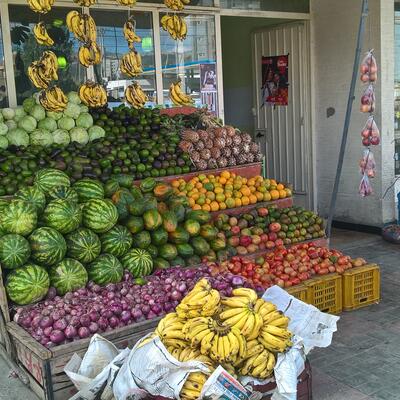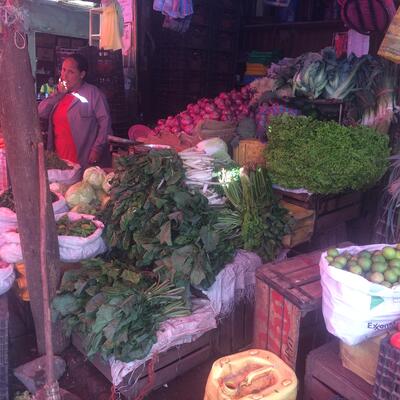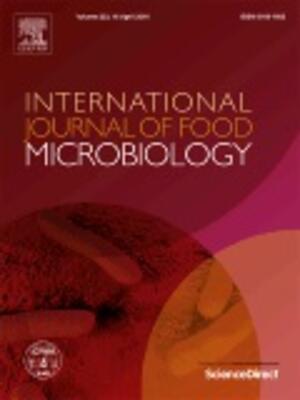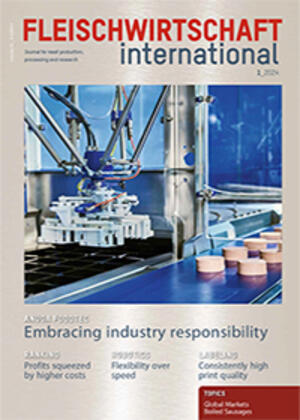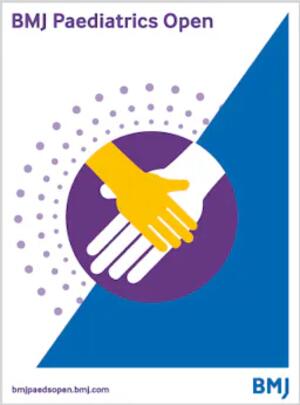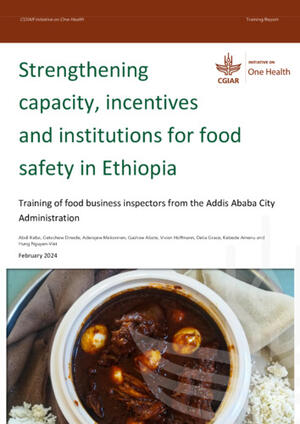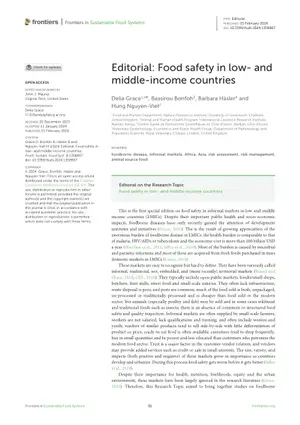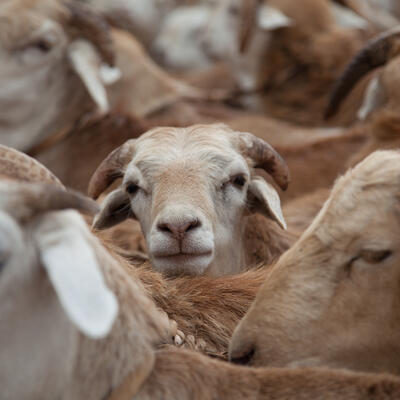
Gendered barriers and opportunities in milk trading in peri-urban Nairobi: Insights from a webinar presentation
Milk is an important dietary component besides dairy value chains activities providing income to many. In Nairobi’s peri-urban resource-poor areas, informal milk trade dominates the market: most residents rely on it to source milk for consumption, and dairy traders rely on it to support their livelihoods.
A recent study shows that women and men informal milk traders in peri-urban Nairobi experience different constraints in their business. Alessandra Galiè a Senior Gender Scientist at the International Livestock Research Institute (ILRI) and Emily Camille Myers, Research Analyst from the International Food Policy Research Institute (IFPRI) will present key findings from this study in a webinar held on 17thDecember 2018. The presentation discusses the gendered differences in women and men milk traders’ participation along the dairy value chain.
About the study
The study is part of a project dubbed MoreMilk. The project aims to improve child nutrition and health through milk and uses a training-certification-marketing (TCM) of traders’ approach. This study explored the gendered constraints and opportunities that characterize milk trading in the area to make the TCM scheme gender-responsive to better achieve the project’s goal. Key informant interviews and focus group discussions were conducted with about 400 traders within Nairobi’s peri-urban area of Dagoretti.
Key findings
The key findings indicate that milk business is more lucrative for men than for women due to gender-based constraints faced by women milk traders. For instance, access to and purchase of milk from rural producers is mainly favourable to men due to cultural norms that hinder women’s mobility. These norms discourage women from travelling to remote areas alone, and from using public means of transport. As a consequence, women traders are forced to buy milk from middlemen for higher prices that reduce women’s profit margins. Buying milk from middlemen also increases the chances that women traders receive spoilt or adulterated milk and reduces their ability to get compensation(because accountability is small when milk delivery involves many middlemen). On the other hand, men, are able to source milk from rural areas, giving them high profit margins also because they sell the milk in large quantities and as the main commodity.
Below is a graphic representation of the key findings demonstrating the gender aspect.
These findings and more including discussion on the implication and way forward are best captured in Alessandra’s webinar presentation.
This webinar is part of a series that was initiated by the Gender Network in 2016, in collaboration with CGIAR Research Programs and partners, and covers issues related to gender and agriculture (research). It is designed as a knowledge sharing tool to facilitate exchange among members of the CGIAR Collaborative Platform for Gender Research. Through the webinar series, the CGIAR Collaborative Platform for Gender Research is seeking to (1) promote knowledge sharing amongst researchers and (2) to increase the visibility of CGIAR gender research.
Learn more about our previous CGIAR gender research webinars here.
And more from ILRI’s gender research work under the Policies, Institutions and Livelihoods Program here.





